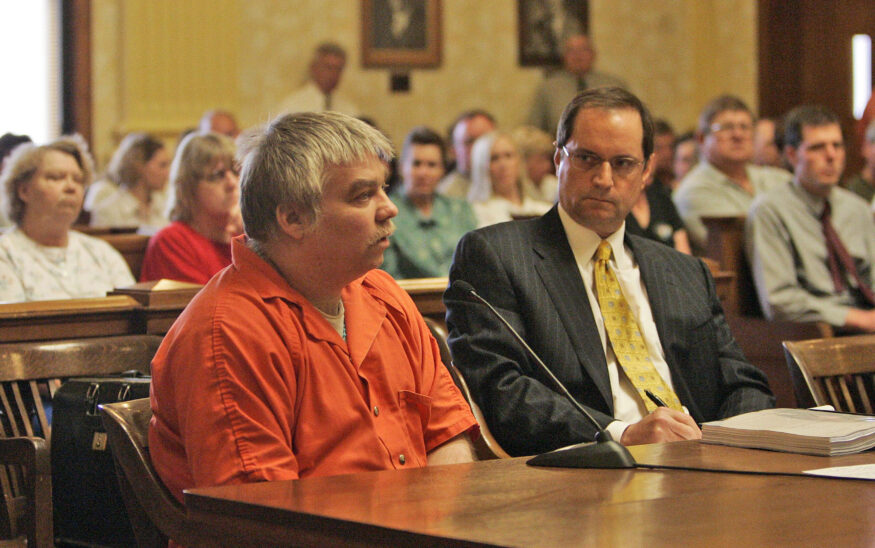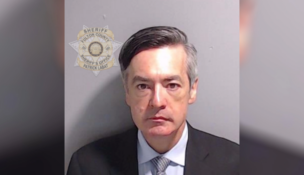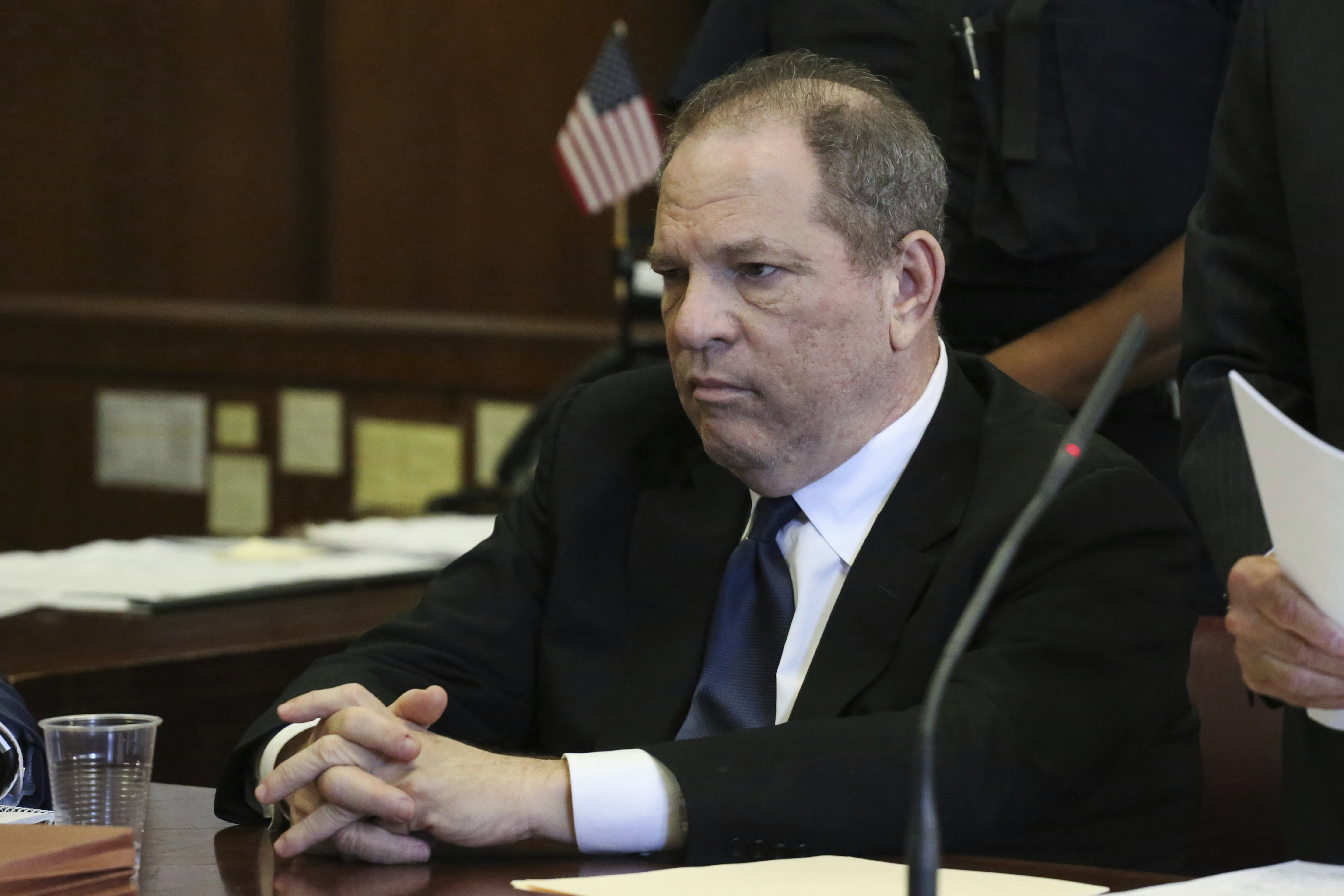Steven Avery prosecutor Ken Kratz admits ‘mistakes were made’
By: Steve Schuster, [email protected]//April 16, 2024//
Steven Avery prosecutor Ken Kratz admits ‘mistakes were made’
By: Steve Schuster, [email protected]//April 16, 2024//
Published April 16, 2024 at 11:33 a.m. CDT.
Ken Kratz, the former Calumet County district attorney made famous for the murder conviction of Steven Avery, has admitted that “mistakes were made” during an exclusive interview with the Wisconsin Law Journal on Thursday.
During the interview, Kratz wasn’t referring to his mistakes that resulted in his own Wisconsin Department of Justice criminal investigation, nor the mistakes he made that resulted in disciplinary action from the Office of Lawyer Regulation. (Click here to view Kratz’s full, un-redacted disciplinary OLR file).

Instead, Kratz referred to other people’s alleged mistakes leading up to prosecution and ultimately conviction of Steven Avery for the brutal murder of Teresa Halbach.
Kratz blamed just about everyone else but himself.
“There were some mistakes made,” Kratz said, noting, “this is common in large cases.”
“They would not have changed the outcome of the case, in my opinion,” he added.
Kratz, the former prosecutor, first blamed law enforcement for losing critical evidence.
“There were a couple things that never made it to my office, that may have been misplaced between Manitowoc and Calumet counties,” Kratz said.
However, then Kratz said the evidence wasn’t even admissible.
“Nobody has shown how any of that “withheld” evidence would even be admissible, much less would change the outcome of the trial,” Kratz added.
Next, Kratz blamed the State Crime Lab for contaminating Avery’s DNA sample with the state’s own DNA.
Regarding the contaminated control sample, “it was clearly a mistake that never should have happened,” Kratz said.
“Sherry Culhane’s own DNA found its way into a control sample, but never did contaminate the evidence tested,” he said, noting, “The crime lab explained how this can happen, and the protocols followed as a result.”
In response, Avery’s co-counsel Jerry Buting said the crime lab didn’t follow proper protocol.
“Importantly, the crime lab’s own protocol/rules required that any test that had a contaminated control sample, like the bullet test did, was to be thrown out and not considered by the analyst. Sherry Culhane ignored that requirement, filed a form called a “deviation from protocol” but made no mention of the bullet test contamination in her final lab report. The evidence of contamination and deviation form she filed was only discovered by me, buried among thousands of papers I demanded the lab to disclose. On cross examination Culhane testified that this was the one and only time she deviated from protocol in her entire career (25-30 years),” Buting said, during an interview with the Wisconsin Law Journal.
Kratz also blamed now-retired Wisconsin Department of Justice Division of Criminal Investigation Special Agent Tom Fassbender.
During an interview with the Wisconsin Law Journal on Saturday, Avery’s original defense attorney, Dean Strang, said he has signed a sworn affidavit regarding the matter, which has since been filed by Avery’s current defense attorney, Kathleen Zellner.
“I already have signed an affidavit under oath on these issues, which I believe Kathleen Zellner filed publicly,” Strang said Saturday.
According to a copy of the affidavit obtained by the Wisconsin Law Journal, defense counsel never received the evidence.
“The State of Wisconsin, through the prosecution team in this case or otherwise, during my tenure as one of Steven Avery’s lawyers, never provided to defense counsel for Mr. Avery a CD-ROM from Det. Mike Velie of his forensic analysis of a computer from the Barb Janda/Dassey brothers’ home,” Strang wrote in the affidavit.
According to Strang’s under oath affidavit, defense counsel for Avery would have argued Bobby Dassey is an alternative suspect.
“We had no inkling what forensic analysis of that computer truly revealed before the trial of Mr. Avery,” Strang added in the affidavit.
However, Fassbender recalls a very different discovery process.
“DVDs containing a copy of the Dassey computer hard drive was provided to both the prosecutor and the defense, along with my report,” Fassbender said.
Strang then took aim at Kratz in the affidavit.
“We had instead Mr. Kratz’s incorrect claim that there was ‘nothing much of evidently value’ on Brendan’s computer. That claim was wrong …” Strang added in the affidavit.
During an interview with the Wisconsin Law Journal last week, Kratz blamed the Wisconsin Department of Justice Division of Criminal Investigation.
“Fassbender admitted computer analysis materials from the Dassey family computer remained in his custody before trial,” Kratz said, noting, “Attorney Zellner’s claims that this evidence was crucial to either side is simply made up by her.”
During an exclusive interview with Fassbender on Monday, he recalled that he followed proper protocol in submitting a report on the Dassey computer that had been examined by a computer forensics specialist within law enforcement. The report was given to the special prosecutor’s office for review. It was subsequently provided to the defense.
The one thing that Kratz and Fassbender agreed on is that Avery is guilty.
“It doesn’t take a rocket scientist to see that Avery is guilty,” Fassbender said.
“The beauty of the case is it’s made on forensic scientific evidence,” Fassbender added.
Fassbender also took aim at the conspiracy theories that resulted from the original Netflix series and since have spiraled on social media.
Providing a specific example, Fassbender noted there was a lot of chatter on social media asking why Halbach’s DNA wasn’t found in the Avery bedroom.
Fassbender stated his opinion based on the relevant evidence: “Steven Avery cleaned the s*it out of the bedroom. He knew exactly what he was doing,”
Buting said much of the evidence allowed at the time of the original trial should never have been allowed to be admitted.
“Actually, we argued to the jury (not to the judge) that the test results on the bullet should be discarded. There were no legal grounds for the court to weigh in on that question. The law in Wisconsin back then was wide open admissibility of virtually any expert testimony. The law let all evidence in and left issues like this up to untrained jurors to decide whether to give any credence to such evidence. It was ridiculous and Wisconsin was the only state in the country like this, with no gatekeeping by courts to exclude unreliable evidence,” Buting said.
According to Buting, about five years later the law changed and now under the Daubert standard arguably that testimony — and the EDTA test the FBI created while the trial was underway — could have been excluded entirely by the judge from trial.
Buting further took aim at law enforcement and the prosecution.
“This was further evidence of the lengths the prosecution and its witnesses went to in order to convict Steven Avery. I also discovered a phone message Culhane took from Agent Fassbender telling her that he wanted her to use her tests to “try to put Teresa in Avery’s house or garage.” This was improper pressure from law enforcement trying to influence the results of forensic testing” Buting said.
Fassbender disagreed.
“I am proud of the team of prosecutors and law enforcement that worked on this case. I think they did an excellent job,” Fassbender said.
“I stand by the work that law enforcement did in locating the evidence and the prosecution did in putting the case together,” Fassbender added.
As previously reported by the Wisconsin Law Journal, Kratz took issue with the “Convicting a Murderer” series which ultimately defended his very own prosecution.
Kratz said, “I am incredible disappointed that (“Convicting a Murderer”) never even attempted to tell the incredible twists and turns of the trial of Steven Avery, using the exclusive documents, stories, and work product I’ve collected over the past 18 years.
“It’s a weak story and a weak presentation, and for what Transition Studios has by way of compelling storylines it’s a shame,” Kratz added.
During an interview with “Convicting a Murderer” producer Shawn Rech, Rech defended “Convicting a Murderer” and reminded Kratz a non-disclosure agreement is in place.
“We believe we created the most enlightening and entertaining product. He (Kratz) has a lot more to say about this case, and he is allowed to make his own project, we can’t stop that,” Rech said.
“I am aware of his displeasure of how the story was told, however, we have a mutual non-disclosure agreement, so I will leave it at that,” Rech said.
Kratz further criticized Brenda Schuler, who he hired to help him factcheck his book, “Avery.”
“Brenda is a housewife from Kaukauna who didn’t even know about the case until “Making a Murderer” aired in December 2015,” Kratz said.
In response, Schuler told the Wisconsin Law Journal, “I plan to honor our mutual non-disparagement agreement and therefore will not comment on Kratz specifically. However, is the “housewife” he’s referring to the retired insurance company executive that he asked to help factcheck his book?”
As previously reported by the Wisconsin Law Journal, Kratz provided his trial journal to the Wisconsin Law Journal during an exclusive interview regarding the Steven Avery trial.
Also as recently reported by the Wisconsin Law Journal, on eve of the Ides of March, Zellner filed papers with the Circuit Court of Manitowoc County in what Kratz described as “a bombshell motion.”
According to court documents obtained by the Wisconsin Law Journal on March 14, Zellner asked the court for a second order to allow Avery to conduct post-conviction testing for touch DNA evidence in Teresa Halbach’s vehicle. Avery was convicted of murdering Halbach.
According to court documents previously obtained the Wisconsin Law Journal in January, Zellner said her client is requesting a reversal of the Orders Denying Postconviction Relief and grant an evidentiary hearing, reverse the judgments of conviction and the orders denying Postconviction Relief and remand for a new trial and grant any other relief this Court deems appropriate.
Avery is currently serving life in prison after being found guilty for the murder of Halbach. Halbach was murdered on Oct. 31, 2005. For the past 18 years, Avery has had a number of new criminal defense attorneys who have all been unsuccessful at his release. However, Avery’s current attorney, Kathleen Zellner, remains optimistic that new evidence will prove her client’s innocence.
Avery was the star in the Netflix series “Making a Murderer,” which originally aired in 2015. The series received criticism from the media, government officials and the general public for allegedly only telling one side of Avery’s story, revictimizing Halbach and her family, as well as incriminating law enforcement professionals.
Legal News
- Questions of transparency, leadership responsibility linger over State Bar trust
- Firm demands $4.3M in dispute with Wisconsin client
- Chesebro among those charged with interfering in 2020 election
- Williams-Sonoma must pay almost $3.2 million for violating FTC’s ‘Made in USA’ order
- Harvey Weinstein due back in court, while a key witness weighs whether to testify at a retrial
- Protests erupt on college campuses throughout Midwest, and U.S. over war in Gaza
- Flight attendant indicted in attempt to record minor in airplane bathroom
- Wisconsin attorney loses law license, ordered to pay $16K fine
- Former Wisconsin police officer charged with 5 bestiality felony counts
- Judge reject’s Trump’s bid for a new trial in $83.3 million E. Jean Carroll defamation case
- Dozens of deaths reveal risks of injecting sedatives into people restrained by police
- The Latest: Supreme Court arguments conclude in Trump immunity case
WLJ People
- Power 30 Personal Injury Attorneys – Russell Nicolet
- Power 30 Personal Injury Attorneys – Benjamin Nicolet
- Power 30 Personal Injury Attorneys – Dustin T. Woehl
- Power 30 Personal Injury Attorneys – Katherine Metzger
- Power 30 Personal Injury Attorneys – Joseph Ryan
- Power 30 Personal Injury Attorneys – James M. Ryan
- Power 30 Personal Injury Attorneys – Dana Wachs
- Power 30 Personal Injury Attorneys – Mark L. Thomsen
- Power 30 Personal Injury Attorneys – Matthew Lein
- Power 30 Personal Injury Attorneys – Jeffrey A. Pitman
- Power 30 Personal Injury Attorneys – William Pemberton
- Power 30 Personal Injury Attorneys – Howard S. Sicula












